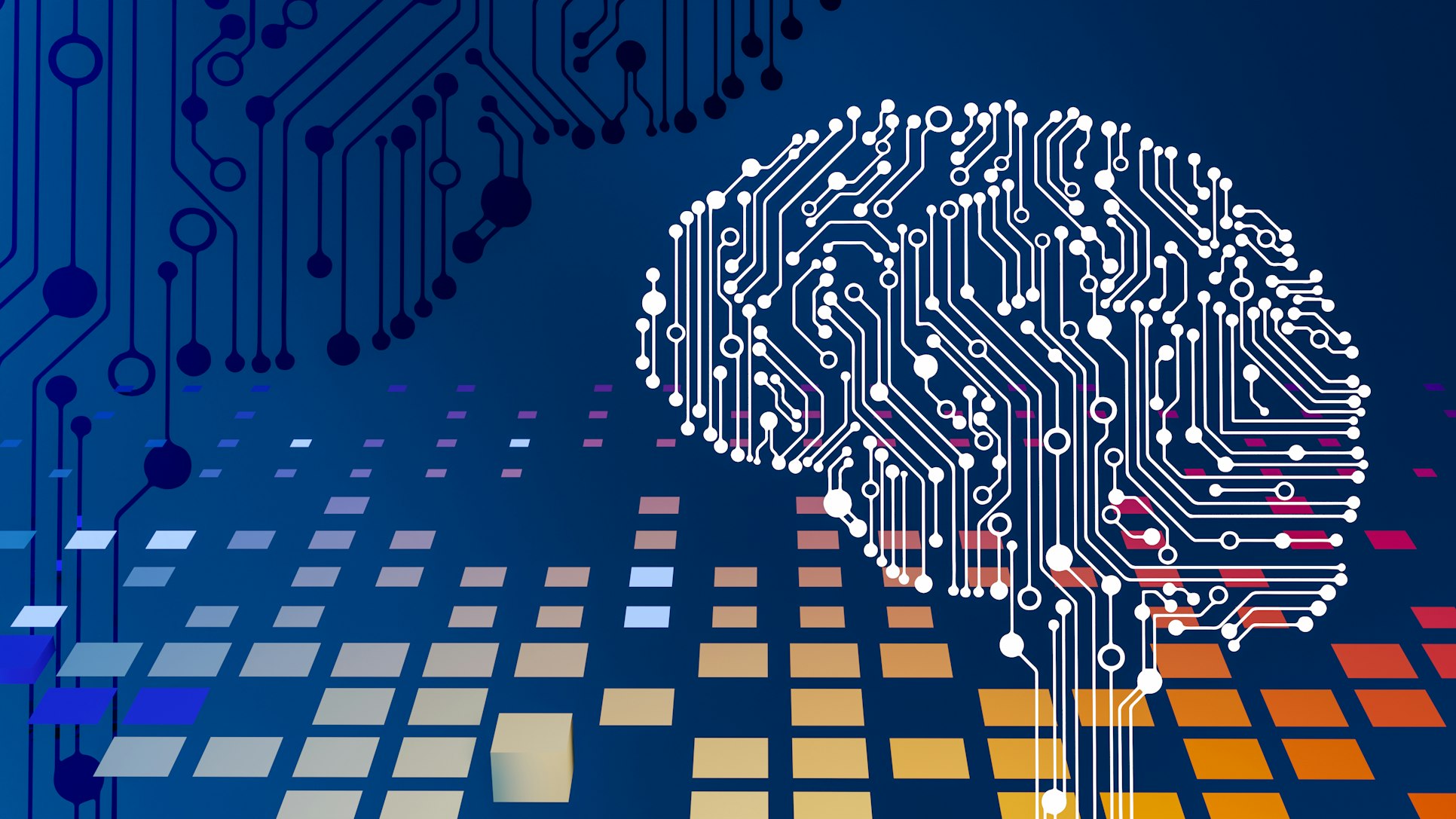
In the ever-evolving world of digital marketing, staying ahead of the curve is essential for businesses striving to boost their online visibility and attract more visitors to their websites. Search engine optimization (SEO) plays a pivotal role in achieving these goals, helping websites rank higher in search engine results and drive organic traffic. But as search algorithms become increasingly complex and user behavior evolves, traditional SEO strategies may fall short in delivering the desired results. Enter AI-powered SEO, a game-changing approach that leverages the power of machine learning to optimize websites and stay ahead of the competition. In this article, we’ll explore how AI is revolutionizing SEO and unleashing the full potential of website optimization.
Understanding AI-Powered SEO

Before we delve into the intricacies of AI-powered SEO, let’s take a moment to understand what AI is and how it’s transforming the digital landscape. Artificial intelligence (AI) refers to the simulation of human intelligence in machines, enabling them to perform tasks that typically require human intelligence, such as problem-solving, learning, and decision-making. Machine learning, a subset of AI, focuses on building algorithms that allow machines to learn from data and improve their performance over time without being explicitly programmed.
In the context of SEO, AI-powered algorithms analyze vast amounts of data, including search trends, user behavior, and website performance metrics, to identify patterns, insights, and opportunities for optimization. By harnessing the power of machine learning, AI-powered SEO tools can automate tasks, make data-driven decisions, and deliver personalized recommendations to improve website rankings and drive organic traffic.
The Benefits of AI-Powered SEO
So, what are the benefits of AI-powered SEO, and how does it differ from traditional SEO methods? Here are some key advantages:
- Data-Driven Insights: AI-powered SEO tools analyze large volumes of data to uncover insights and trends that may not be apparent through manual analysis. By analyzing search trends, user behavior, and competitor performance, AI algorithms can identify opportunities for optimization and make data-driven recommendations to improve website rankings.
- Automation: AI-powered SEO tools automate repetitive tasks, such as keyword research, content optimization, and link building, saving time and effort for marketers and website owners. By automating these tasks, AI frees up valuable resources to focus on strategic initiatives and creative endeavors.
- Personalization: AI algorithms can analyze user behavior and preferences to deliver personalized recommendations and experiences. By tailoring content, offers, and messaging to individual users, AI-powered SEO can increase engagement, drive conversions, and enhance the overall user experience.
- Predictive Analytics: AI-powered SEO tools can forecast future trends and outcomes based on historical data and patterns. By leveraging predictive analytics, marketers can anticipate changes in search algorithms, identify emerging keywords and topics, and stay ahead of the competition.
AI-Powered SEO in Action

Now that we’ve explored the benefits of AI-powered SEO, let’s take a closer look at how it works in practice:
- Content Optimization: AI algorithms analyze content performance metrics, such as engagement, bounce rate, and time on page, to identify areas for improvement. By analyzing user behavior and preferences, AI can recommend changes to content structure, formatting, and messaging to increase engagement and drive conversions.
- Keyword Research: AI-powered tools can analyze search trends and user queries to identify high-potential keywords and topics. By leveraging natural language processing (NLP) and semantic analysis, AI algorithms can uncover long-tail keywords, semantic variations, and related topics to optimize content for search intent.
- Link Building: AI-powered SEO tools can analyze backlink profiles, anchor text distribution, and domain authority to identify opportunities for link building. By leveraging machine learning algorithms, AI can predict which websites are most likely to provide valuable backlinks and recommend outreach strategies to build high-quality links.
- Technical SEO: AI algorithms can analyze website performance metrics, such as page speed, mobile-friendliness, and crawlability, to identify technical issues and opportunities for optimization. By automating website audits and diagnostics, AI-powered SEO tools can pinpoint areas for improvement and recommend actionable solutions to enhance website performance.
The Future of SEO
As AI continues to evolve and mature, the future of SEO looks brighter than ever. With advancements in natural language processing, computer vision, and predictive analytics, AI-powered SEO is poised to revolutionize the way websites are optimized and ranked in search engine results. By leveraging the power of machine learning, marketers can unlock new insights, automate tasks, and deliver personalized experiences that drive results.
In conclusion, AI-powered SEO represents a paradigm shift in website optimization, empowering marketers and website owners to achieve higher rankings, drive organic traffic, and engage audiences more effectively than ever before. By harnessing the power of machine learning and data-driven insights, businesses can stay ahead of the competition and thrive in an increasingly competitive digital landscape. So, whether you’re a seasoned SEO professional or a novice marketer, it’s time to embrace the future of SEO and unlock the full potential of AI-powered optimization.


